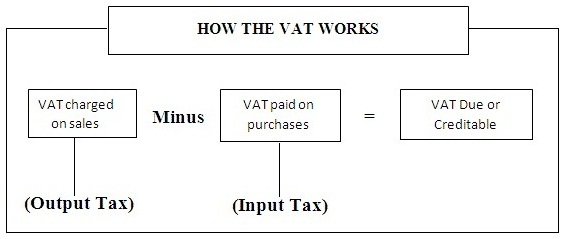Hello All!
First and foremost - I've read the forum for the past 3-5 days and the information I've gathered is insane! It really changed my way of thinking of the whole privacy thing, as well as taxes, etc.
Nonetheless, I live in one of the Baltic countries, and have an eCommerce business (Shopify -> PayPal + Stripe) which is generating some good income. Basically, what I'm looking for, is a bank account to hold my income from this business, and that it will not be seen by my own country (yes, because of taxes), or at least it minimize as much as possible.
I feel really stupid in these things still, but I'm in no interest of paying taxes in my own country and would be looking for a bank account, with which I would be able to receive funds from PayPal or Stripe, as well as withdraw money from ATM (preferable).
As of for now Im using Revolut, and I believe this is one of the worst solutions because Revolut already has a bank licence in my country (?). At least as far as I know. So now sure if it's secured from my own country or not.
Do let me know in case you have any suggestions in my case! Appreciate any help and apologies, in case this kind of question has already been answered/asked!
First and foremost - I've read the forum for the past 3-5 days and the information I've gathered is insane! It really changed my way of thinking of the whole privacy thing, as well as taxes, etc.
Nonetheless, I live in one of the Baltic countries, and have an eCommerce business (Shopify -> PayPal + Stripe) which is generating some good income. Basically, what I'm looking for, is a bank account to hold my income from this business, and that it will not be seen by my own country (yes, because of taxes), or at least it minimize as much as possible.
I feel really stupid in these things still, but I'm in no interest of paying taxes in my own country and would be looking for a bank account, with which I would be able to receive funds from PayPal or Stripe, as well as withdraw money from ATM (preferable).
As of for now Im using Revolut, and I believe this is one of the worst solutions because Revolut already has a bank licence in my country (?). At least as far as I know. So now sure if it's secured from my own country or not.
Do let me know in case you have any suggestions in my case! Appreciate any help and apologies, in case this kind of question has already been answered/asked!


